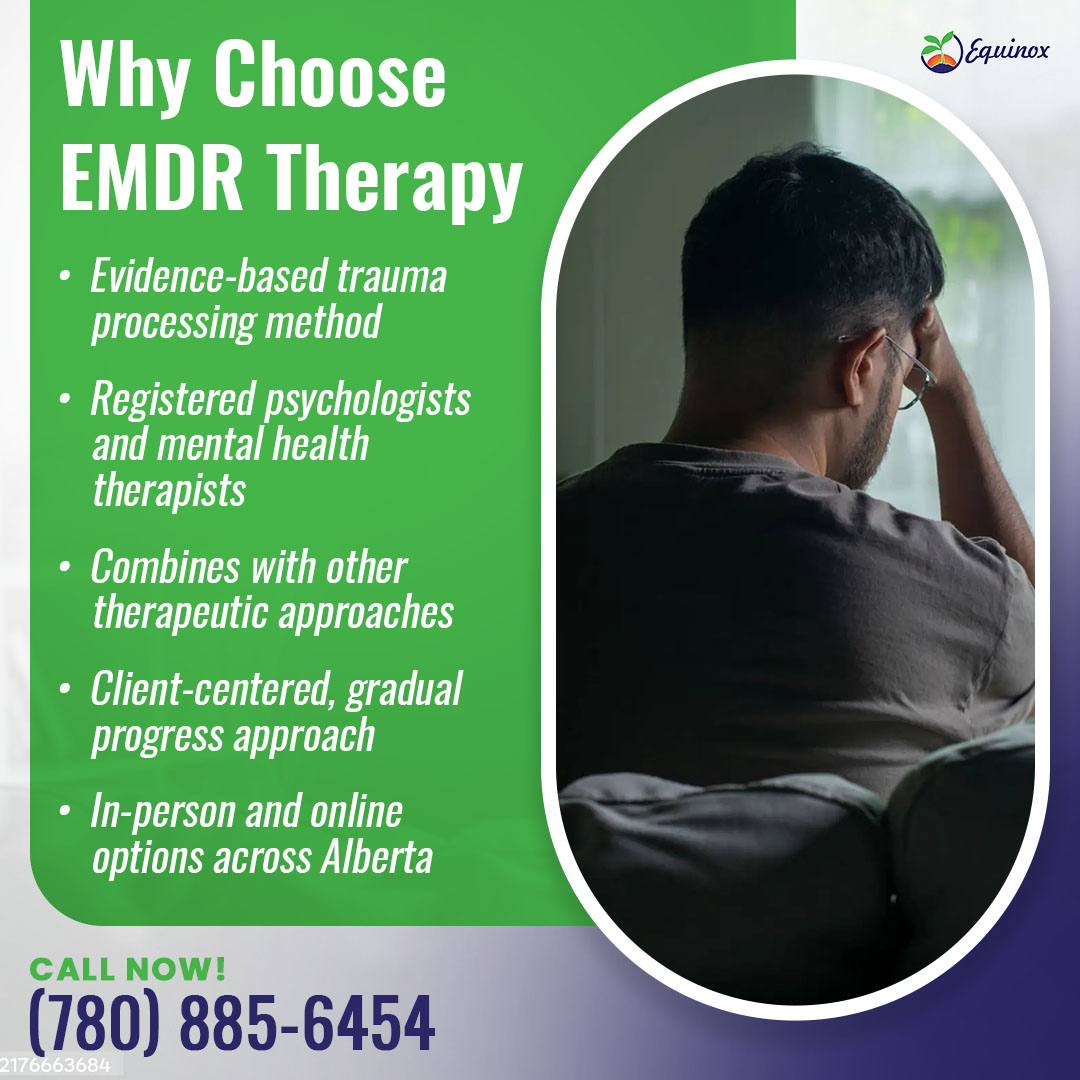Most of us have experienced the end of a romantic relationship at least once. Initially, break-ups are often associated with negative outcomes like depression and grief. Common feelings after break-ups include loneliness, distress, and a loss of sense of self (Lewandowski, Aron, Bassis, & Kunak, 2006). Lewandowski (2009) found that an ideal coping strategy for dealing with a break-up includes focussing on the positive aspects of the experience, while minimizing the negative emotions associated with the break-up. Focusing on the positive elements of a negative event can promote personal growth. Therapeutic writing offers a medium to explore the break-up, and to look for the positive aspects of the experience. Research shows that people who write about the positive elements of a break-up experience more positive emotions, including feelings of comfort, confidence, empowerment, optimism, and wisdom, while experiencing a decrease in negative emotions, when compared with a group of individuals who wrote about their negative emotions and a group who wrote about a topic unrelated to the break-up (Lewandowski, 2009). This research also shows that writing is equally effective for males and females.
Romantic break-ups and the negative emotions that are often affiliated with them can sometimes lead to more serious psychological problems, such as problems sleeping, depression, or anxiety. Early interventions like therapeutic writing can sometimes protect individuals from these type of problems.
If interventions like therapeutic writing haven’t worked for you, or if the negative emotions of a break-up feel overwhelming, you may want to consider seeking the support of an Edmonton psychologist. A psychologist can help you work through the pain of the break-up. Potentially, part of your process will include some grief work to formally say goodbye to the relationship. This process will aid you in rebuilding yourself and preparing for your future. Depression counselling or anxiety counselling may also be required, depending on the impact that the break-up is having on you. Depression counselling may help you to deal with the negative emotions associated with the break-up, while anxiety counselling can be useful to mitigate any fears associated with the unknown of the break-up or uncertainty of your future.
It may seem hopeless to you now, but you can survive this difficult time. Reach out and seek support if you need it.



